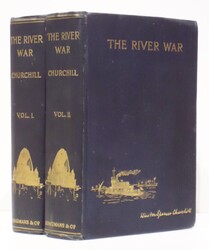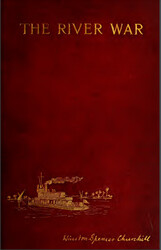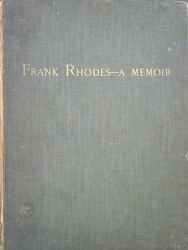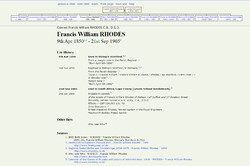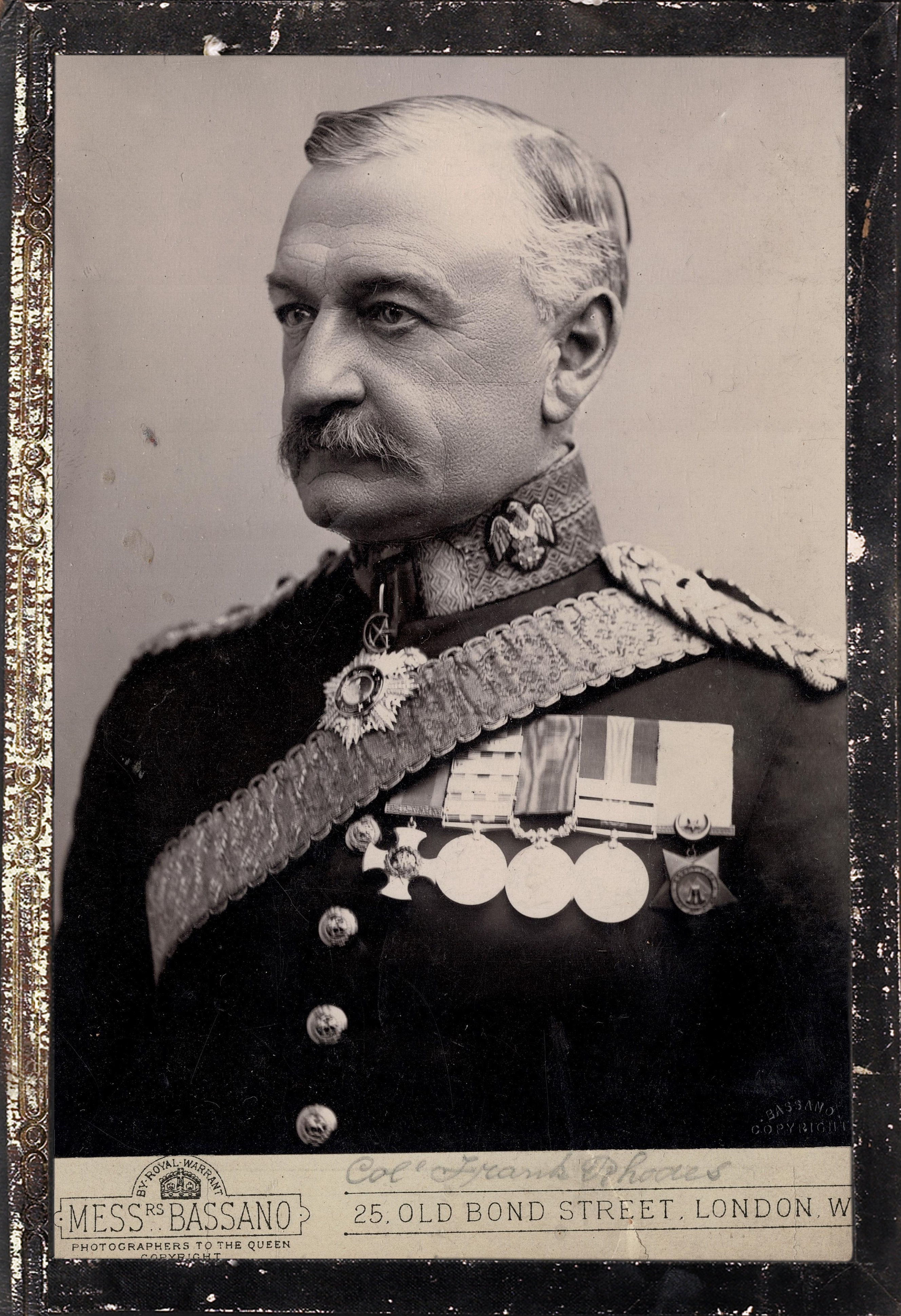
|
Education: Royal Military College, Sandhurst (dates??)
Career:
In July 1870 Frank was a successful candidate for direct commissions in the examinations held by the Civil Service Commissioners at Burlington-Gardens.
In the order of merit he was 309th (out of 391), with a mark of 1949.
He was commissioned in 1st Royal Dragoons in 1873, on April 23rd the War Office announced his commission as Sub-Lieutenant.
On 1875 August 13th it was announced by the War Office he would be promoted from Sub-Lieutenant to Lieutenant. They next announed
on Wednesday 19 November 1884 that 1st Dragoons—Lieutenant Francis William Rhodes to be Captain: 15th Ocotber 1884.
Naval & Military Gazette and Weekly Chronicle of the United Service - Wednesday 04 February 1885 announced that
Captain Francis William Rhodes, 1st Dragoons, to be Aide-de-camp to Major-General Sir Herbert Stewart, K.C.B. : 29th November, 1884.
Then on Wednesday 23 September 1885, they again announced that Captain Francis William Rhodes was to be promoted to Major, 19th September.
Then on Wednesday 09 December 1885, they announced he would be made a Lieutenant-Colonel (a brevet-rank), 20th September. Does seem the promotions were coming
fast and furious at this time.
He participated in the Sudan Campaign,
accompanied the Nile Expedition to Khartoum in the abortive effort to relieve General Charles George Gordon, and was present at the battles of El Teb and Tamai.
Although less influentlal on the Rand than Mr. Lionel Phillips who is now in gaol in Pretoria with him,
arrest of Col. Francis Rhodes on a charge of treason against the Transvaal will attract additional notice at home, because he
is the brother of Mr. Cecil Rhodes, the head of the Chartered Company.
He is only 45, and his first active service in the army
was in the Nile campaign. He did some dashing work as an aide-de-camp at Teb and Tamai, and was specially detailed a twelve-month
after for similar duty with the desert column, which took him to Abu Klea, and later on in the campaign his charger was shot under
him while he was delivering staff orders at El Gubat. At Suakin his daring won for him the Turkish Order of the Merijidie, and more
recently his own compatriots have his recognised his worth by enrolling him upon the Distinguished Service Order (DSO). He was for four
years Military Secretary to Lord Harris in India, and then 1892 spent 10 months in going to Uganda with his friend the late Sir Gerald Portal,
the British Commissioner.
He was next in the service of the Chartered Company, but for but for two months past has been in Johannesburg, amongst
the most active agitators of the Uitlanders. The Jameson Raid was perhaps the most trying event in Rhodes's career.
Rhodes and other leaders of the Committee were sentenced to death in April 1896. As a punishment for his support of Jameson the British Army
placed Rhodes on the retired list and barred him from active involvement in army business.
In 1898 he joined Field Marshal Earl Kitchener’s Nile expedition as war correspondent for The Times. At the Battle of Omdurman on 2 September he was shot
and severely wounded in the right arm. For his services during that campaign he was restored to the army active list.
During the Second Boer War, Rhodes continued to work as a war correspondent. He was trapped for the duration in the Siege of Ladysmith and participated in the relief of Mafeking.
In 1899, Rhodes was sued by a man named Burrows for falsely representing the purpose of the raid and thereby convincing him to participate in the raid. Burrows was severely wounded and
had to have his leg amputated. His suit for £3,000 in damages was successful..
After retiring from the Army in 1903, he served as managing director of the African Transport-Continental Telegraph Company until his death in 1905 in Groote Schuur, Cape Colony.
The death is announced of Colonel Frank Rhodes, at Cape Town, from blackwater fever contracted in Uganda.
Thw Dundee Evening Telegraph on Friday 27 October 1905 published a small announcement about the...
FUNERAL OF COL. RHODES.
Simultaneously with the interment of the lato Colonel Francis William Rhodes at Dalham, near Newmarket, a special service in his memory was held this afternoon in St James’ Church,
Piccadilly, London. The service was conducted by Canon M'Cormick, rector. There was a large congregation, including several public personages and a number of military officers who served
in South Africa.
Amongst those present were Dr Jameson, Earl Howe, Mr Asquith, Mr Paulton, M.P., General Baden-Powell. A number of ladies attended in deep mourning. The anthem sung was “ Blest are the departed.’’
the music for which was taken from Spohr’s “Last Judgment,” and the hymn was the familiar one beginning “Now the labourer's task is o’er.” The service was brief but impressive.
On Saturday 27 January 1906 the Shetland Times announched the.. The will, with a codicil, of Colonel Francis William Rhodes, C.B., D.S.O.. of Dalham Hall, Suffolk, and Stratton-Street, Piccadilly, who died on September 21st, has been proved,
the value of the estate amounting to £116,993.
|
 CECIL RHODES
CECIL RHODES




